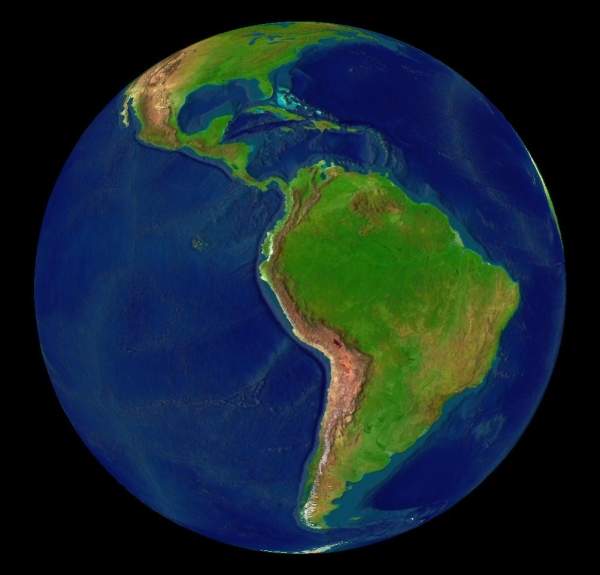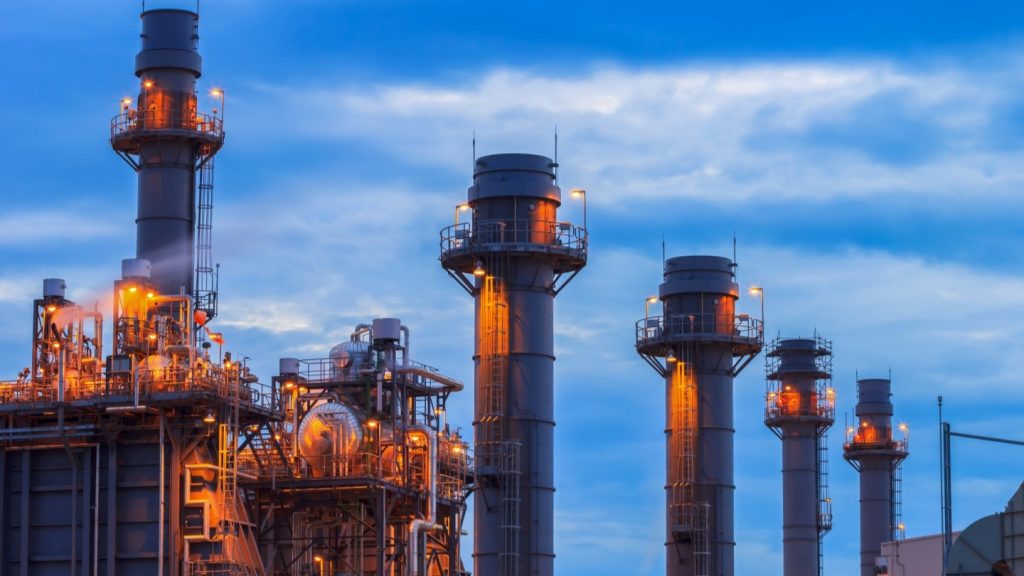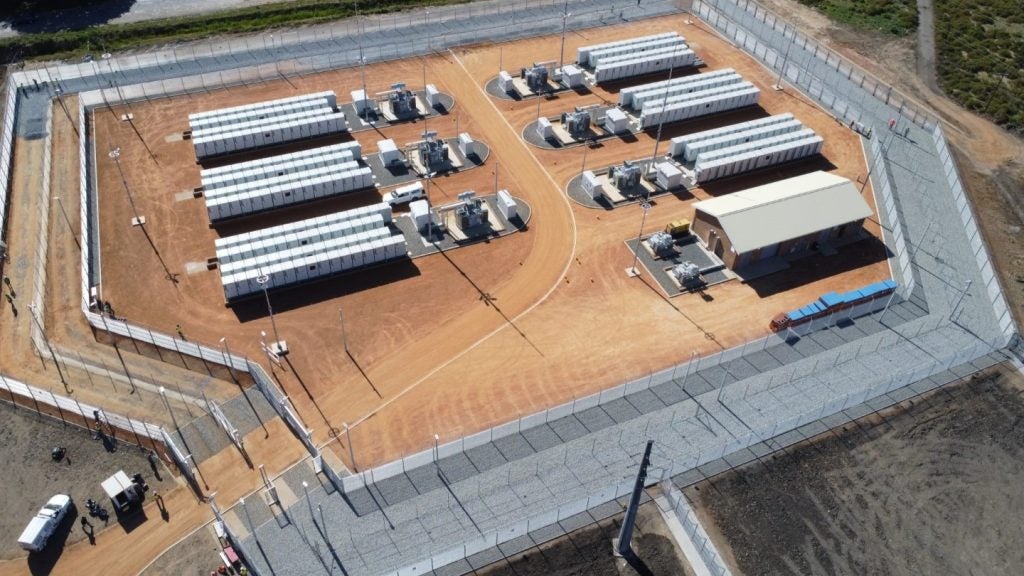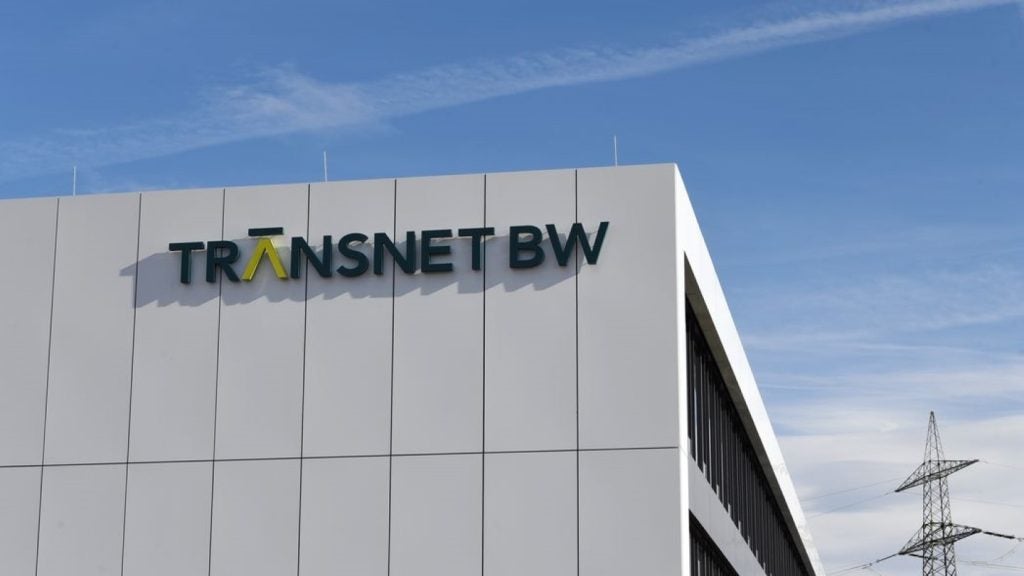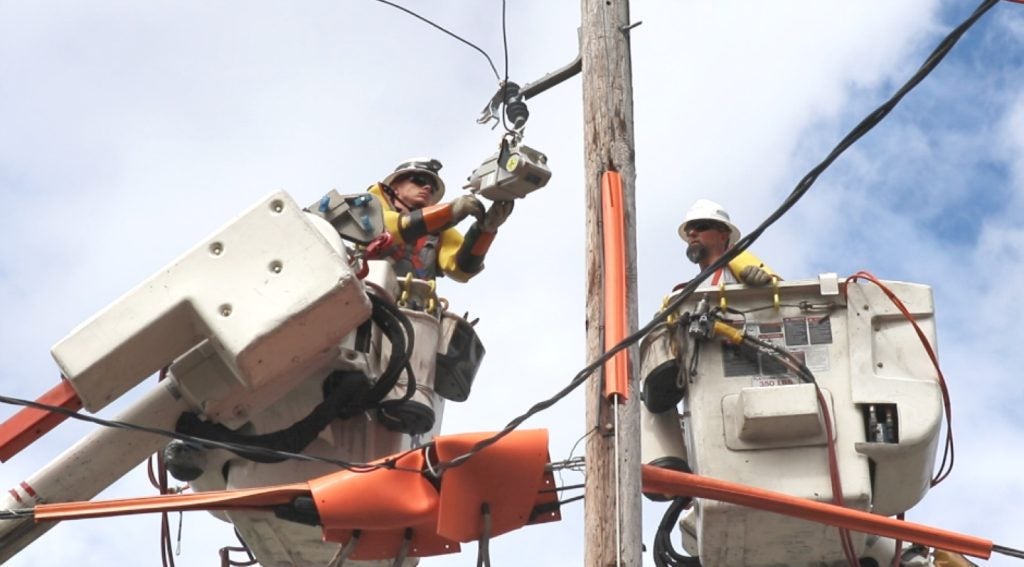The International Energy Agency (IEA) has released its first specialist report on Latin America and the Caribbean, a region it sees the region as vital to the energy transition due to an abundance of resources that can be used to generate renewable energy. The region has both a strong domestic renewable energy sector and vast deposits of minerals that could be exported to advance the energy transition globally.
Currently, 60% of electricity in Latin America and the Caribbean is generated by renewable sources, with Brazil, Mexico, Chile and Argentina all major producers of wind power. In March, Petrobas and Equinor signed an agreement to develop seven offshore wind sites along Brazil’s coast. Hydropower is also produced through several major projects in the region, with the 210MW Portezuelo del Viento hydropower project in Argentina just one example among many in the region.
Latin America and the Caribbean also holds around half of the known global reserves of lithium. At its Critical Minerals and Clean Energy summit in Paris at the end of September, the IEA stressed that Europe was becoming too reliant upon China for imports of lithium, a crucial mineral used in the production of electric vehicle batteries. Geopolitical schisms make reliance on China for the mineral risky for Western nations, meaning importing lithium from Latin America and the Caribbean could be a more reliable option.
Commenting on the September summit, GlobalData analyst Isabel Al-Dharir said at the time: “It is certainly possible that the West can reduce its reliance on China; however, this will be a long-term goal considering the present-day status.”
The region also holds around 15% of global oil and natural gas resources. The Israel/Hamas war has spurred fears that global oil and gas prices could be set for a vertiginous rise in 2024 should the conflict interrupt key waterways such as the Suez Canal and the Strait of Hormuz.
Fatih Birol, IEA executive director, said: “Latin America and the Caribbean can play an outsize role in the new global energy economy. With the incredible natural resources and a long-standing commitment to renewables, countries in the region already have a head start on secure and sustainable transitions to clean energy. Leaning into these transitions would ignite growth in local economies – and put the world’s energy system on a surer footing.”


